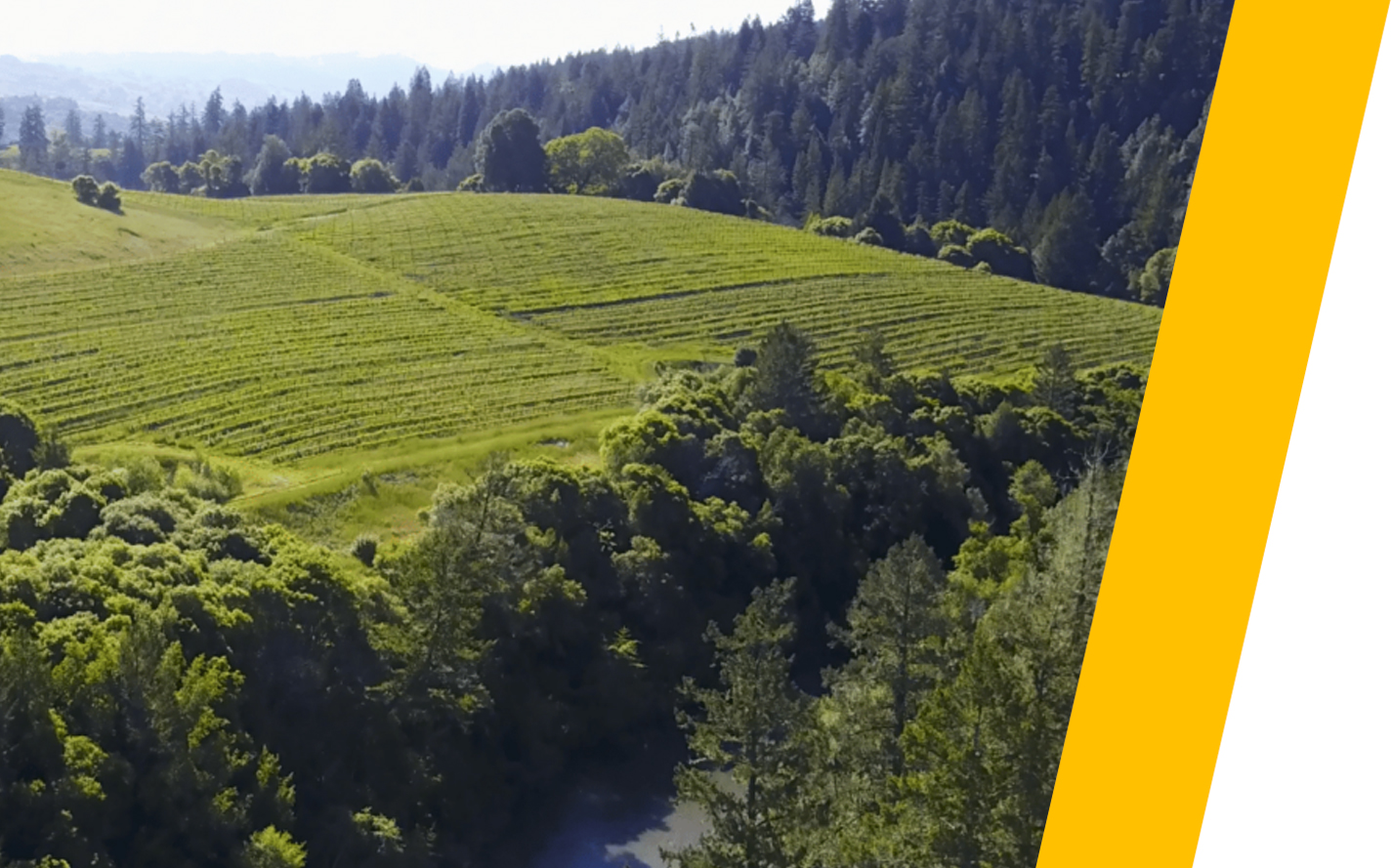
Earth
Restoring our
ecosystem
and soil
Our Earth Ethos
Introducción al Blackjack online para novatos
El Blackjack es uno de los juegos de casino más populares en todo el mundo. Su sencillez y emoción lo convierten en una opción atractiva tanto para jugadores experimentados como para novatos. Con el avance de la tecnología, ahora es posible disfrutar del Blackjack desde la comodidad de tu hogar a través de casinos en línea. En esta introducción al Blackjack online, te proporcionaremos toda la información que necesitas para comenzar a jugar y divertirte.
¿Qué es el Blackjack?
El Blackjack, también conocido como 21, es un juego de cartas en el que el objetivo es obtener una mano con un valor lo más cercano posible a 21, sin pasarse. El juego se juega contra el crupier, quien representa al casino. Cada jugador recibe dos cartas iniciales y puede solicitar más cartas para acercarse al valor deseado. El crupier también recibe dos cartas, una visible y otra oculta.
El valor de las cartas en el Blackjack es el siguiente: las cartas numéricas mantienen su valor nominal, las cartas con figuras (J, Q, K) valen 10 puntos y el As puede valer 1 u 11 puntos, dependiendo de lo que sea más conveniente para el jugador.
Fuente: onlinecasinosenargentina.com
Reglas básicas del Blackjack
Antes de comenzar a jugar al Blackjack online, es importante conocer las reglas básicas del juego. A continuación, se presentan los aspectos fundamentales a tener en cuenta:
1. Objetivo: El objetivo del juego es obtener una mano con un valor lo más cercano posible a 21, sin pasarse. Si el jugador se pasa de 21, pierde automáticamente.
2. Valor de las cartas: Como se mencionó anteriormente, las cartas numéricas mantienen su valor nominal, las cartas con figuras valen 10 puntos y el As puede valer 1 u 11 puntos.
3. Turno del jugador: Después de recibir las dos cartas iniciales, el jugador tiene varias opciones: pedir más cartas (“hit”), quedarse con las cartas actuales (“stand”), doblar la apuesta (“double down”) o dividir las cartas si son del mismo valor (“split”).
4. Turno del crupier: Una vez que todos los jugadores hayan tomado sus decisiones, el crupier revela su carta oculta y sigue las reglas establecidas para su juego. Por lo general, el crupier debe pedir más cartas hasta alcanzar un valor de 17 o más.
5. Ganador: El jugador gana si su mano es más cercana a 21 que la del crupier, sin pasarse de 21. En caso de empate, se considera un “push” y se devuelve la apuesta al jugador.
Consejos para principiantes
Si eres un novato en el mundo del Blackjack online, aquí tienes algunos consejos que te ayudarán a mejorar tu experiencia de juego:
1. Conoce las reglas: Antes de comenzar a jugar, asegúrate de entender las reglas del juego. Familiarízate con los valores de las cartas y las diferentes opciones de juego disponibles.
2. Practica en modo demo: Muchos casinos en línea ofrecen la opción de jugar en modo demo, donde no se utiliza dinero real. Aprovecha esta oportunidad para familiarizarte con el juego y probar diferentes estrategias sin arriesgar tu dinero.
3. Establece un presupuesto: Antes de empezar a jugar, establece un presupuesto y respétalo. El Blackjack puede ser emocionante, pero es importante jugar de manera responsable y no gastar más de lo que puedes permitirte perder.
4. Aprende estrategias básicas: Existen estrategias básicas que pueden ayudarte a tomar decisiones más acertadas durante el juego. Estas estrategias se basan en las probabilidades y pueden mejorar tus posibilidades de ganar a largo plazo.
5. Aprovecha los bonos y promociones: Muchos casinos en línea ofrecen bonos y promociones para atraer a nuevos jugadores. Aprovecha estas ofertas para aumentar tu saldo y prolongar tu tiempo de juego.
En conclusión, el Blackjack online es una excelente opción para los novatos que deseen disfrutar de la emoción de un juego de cartas clásico desde la comodidad de su hogar. Conociendo las reglas básicas y siguiendo algunos consejos, podrás mejorar tus habilidades y aumentar tus posibilidades de ganar. ¡Diviértete y buena suerte en las mesas de Blackjack online!
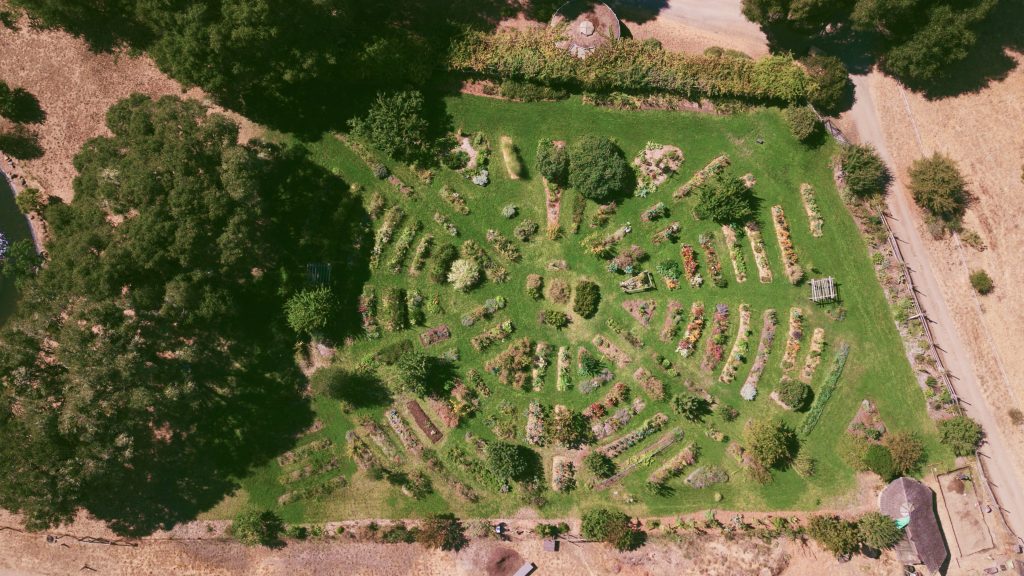
Our Farms
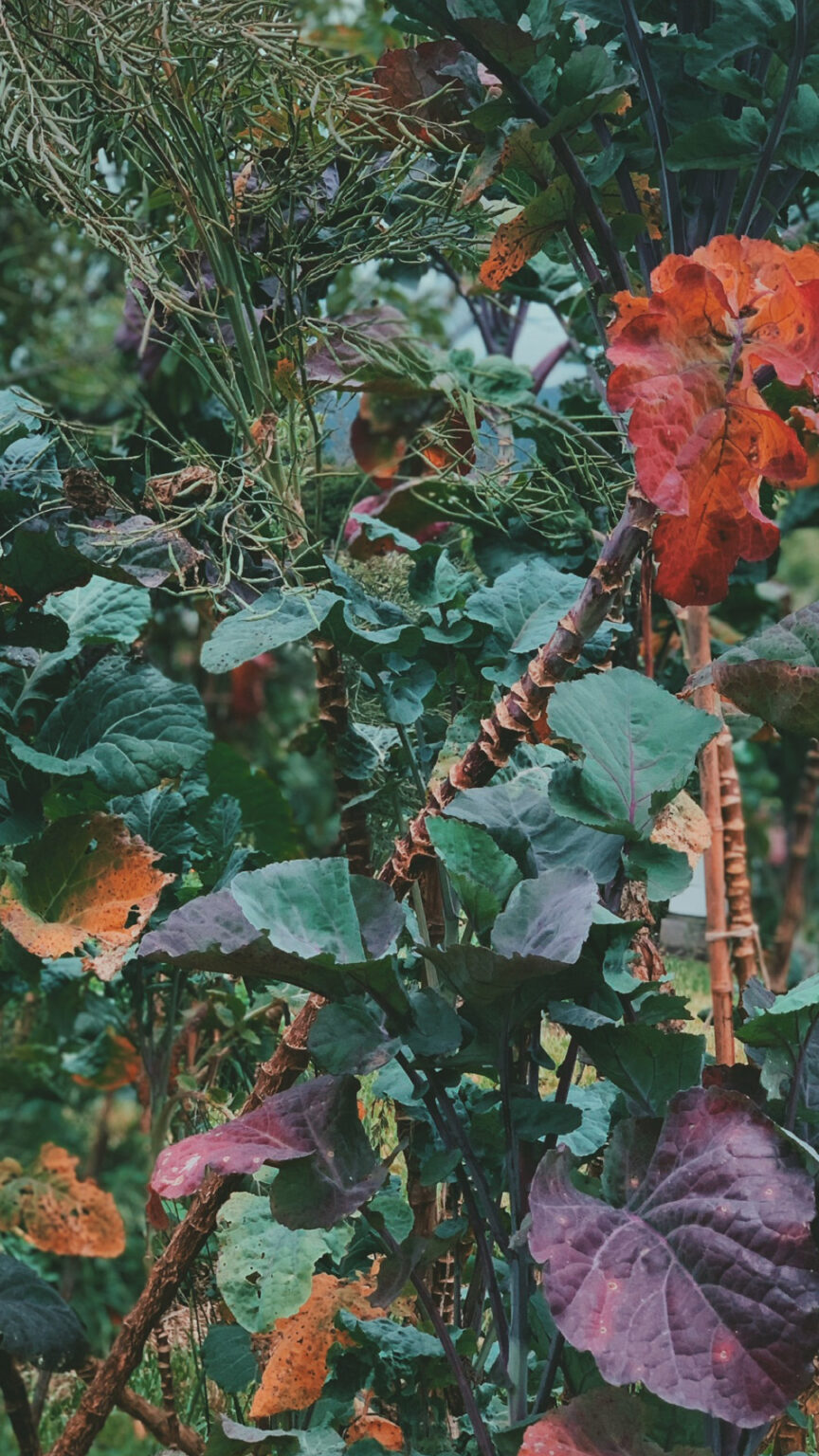
We farm on two unique properties in Northern California. The Land is a 162-acre property in the Anderson Valley, nestled amidst redwood trees and the Navarro River. We grow flowers, herbs and vegetables in our unique, mandala-shaped garden along with 35 fruit trees. 10 Mile sits on a hill two miles off the Mendocino County coast with the 10 Mile River flowing through it. We have gardens in the upper meadow, filled with clovers for the bees, and a large garden in the lower floodplain.
Our farms serve as food-producing classrooms, real-world laboratories and healing spaces. Our focus is on permaculture — creating agricultural systems with the same diversity, stability and resilience of nature herself.
Additionally, we are dedicated to sustainability and our long-term forestry and river rehabilitation plans. We provide food for our staff and visitors, as well as being the main food source for Love to Table, helping to feed forgotten populations.
We eat everything we grow, harvesting and processing directly from our garden to our industrial kitchen. We design what we grow around what we want to eat, what we can preserve through the winter months and what is native to our area.
Our Compost
A key element in Earth restoration is caring for our soil, which goes a long way toward healing our ecosystem.
Composting makes use of waste that we create, and recycles it much like nature would — feeding it back into the ecosystem, repairing the land from the ground up. Compost adds nutrients, stores carbon, retains moisture — creating the perfect environment to grow life-sustaining plants and food. It takes what was a dead-end and plugs it straight back into the natural cycles of the ecosystem.
We have developed the start of our compost program on The Land. Below are some videos of the process.
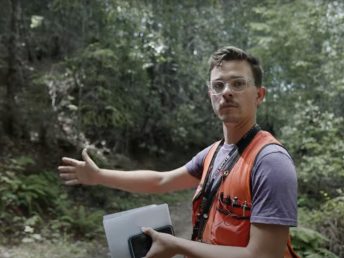
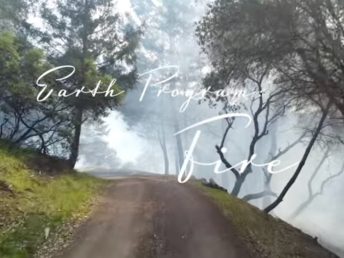
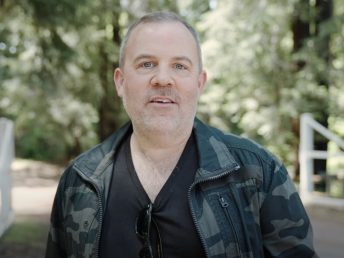
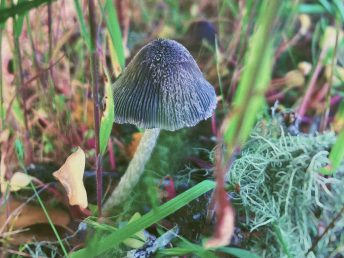
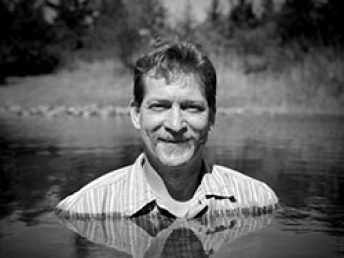
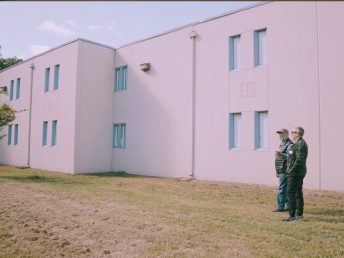
 Get access to the monthly Rehumanization Magazine featuring contributors from the front lines of this effort—those living on Death Row, residents of the largest women’s prison in the world, renowned ecologists, the food insecure, and veteran correctional officers alike.
Get access to the monthly Rehumanization Magazine featuring contributors from the front lines of this effort—those living on Death Row, residents of the largest women’s prison in the world, renowned ecologists, the food insecure, and veteran correctional officers alike.